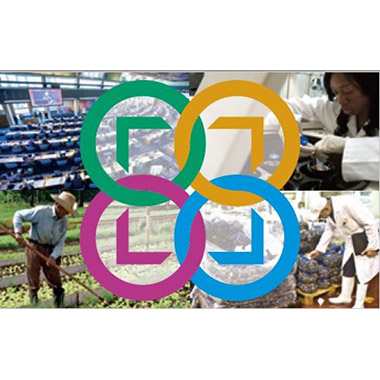The Food and Agriculture Organization of the United Nation (FAO) has published its Strategic Priorities for Food Safety 2022-2031. These priorities were developed collaboratively with FAO Members, international partner organizations (IAEA, WOAH, WTO/STDF, UNIDO, WHO), and FAO technical divisions and centers to “support members in continuing to improve food safety at all levels by providing scientific advice and strengthening their food safety capacities for efficient, inclusive, resilient and sustainable agrifood systems.”
The document, created at the request of the 27th session of the FAO Committee on Agriculture (COAG) and approved by the 171st session of FAO Council, is structured around four interconnected strategic outcomes focusing on governance, scientific advice, strengthening national food control systems and promoting public-private partnerships throughout the food chain.
The FAO noted that its goal is to encourage a more coherent integration of food safety into the development of sustainable and inclusive agrifood systems, food security, and nutrition policies as well as agricultural development strategies. “Our aspiration is that this document helps spur investments and secure adequate human and financial resources for FAO to successfully implement its food safety program,” said Corinna Hawkes, FAO Director of the Food Systems and Food Safety Division.
The four strategic outcomes include:
1. Intergovernmental and intersectoral coordination of food safety governance is reinforced at all levels.
2. Sound scientific advice and evidence are provided as the foundation for food safety decision-making.
3. National food control systems are further strengthened and are continuously improved by:
- Providing technical support to FAO Members to evaluate their national food control systems, identify needs and design integrated capacity development programs
- Supporting FAO Members and relevant stakeholders, particularly in developing and transition economy countries, where requested, to participate more actively in Codex Alimentarius work
- Supporting FAO Members in developing and updating their food safety standards, legal frameworks and government policies, as well as operational level procedures and guidelines
- Helping FAO Members generate relevant food safety data that reflects their national context/situation
- Supporting FAO Members and relevant stakeholders to embrace relevant technological developments, including digital technologies, in food control and food safety management
4. Public and private stakeholder collaboration is promoted to ensure food safety management and controls throughout agrifood systems by:
- Supporting both governments and food chain actors starting from primary production and including associated industries, academia, consumers and other stakeholders, in adopting gender responsive and inclusive programs of preventative food safety control and management
- Providing the tools and resources for stakeholders to make informed choices and adopt food safety interventions that are specific to their countries’ priorities, safety risks and their constituents’ differentiated needs
- Ensuring that lessons learned from national- and regional-level food safety control programs and initiatives can inform global level normative work and strengthen dialogues on food safety
- Supporting initiatives aiming to create training programs and curricula that better reflect the complexity of food safety and the need for collaborations across disciplines
Download the full document here.



